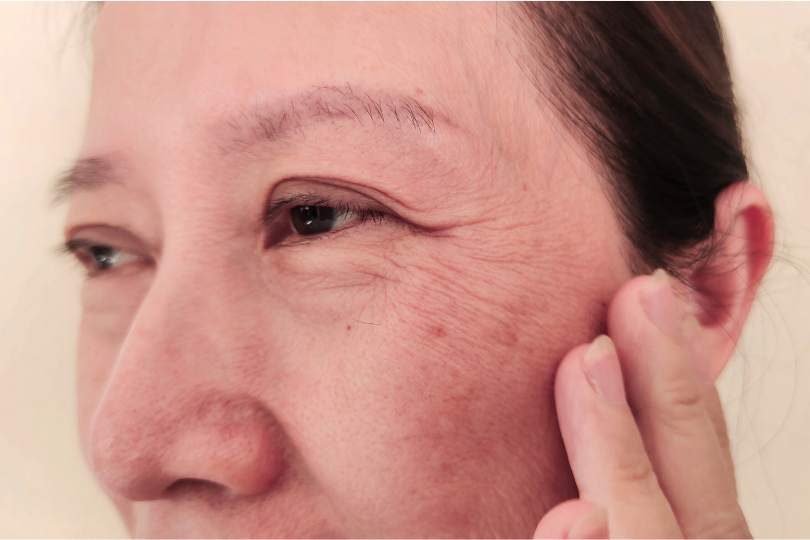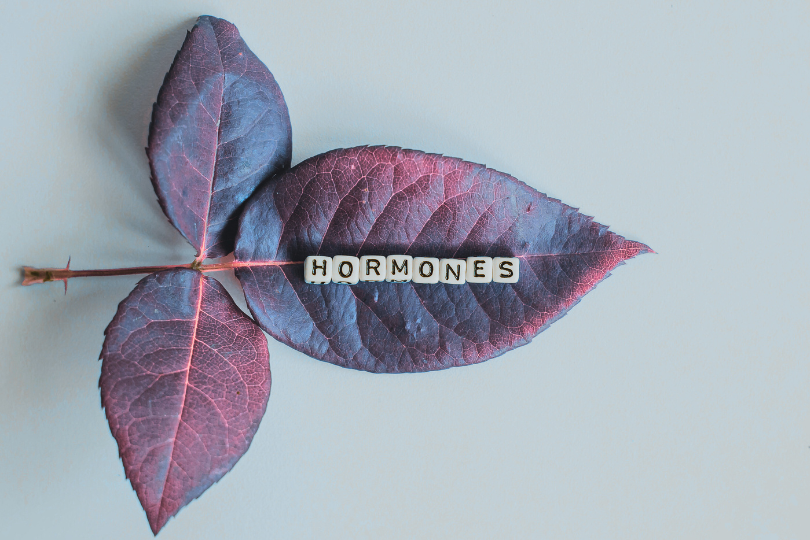Getting pregnant is often thought of as a natural process, but in reality, it’s a journey that depends on timing, biology, and sometimes a bit of luck. While some people conceive quickly, others may find it takes more time, even when everything seems fine. Knowing what affects your chances—and what you can do to improve them—can help you feel more prepared and informed.
For a healthy couple in their 20s or early 30s, there’s about a 20-25% chance of getting pregnant in any given cycle. Even with perfect timing, it’s normal for conception to take several months.
By age 40, the chances drop to around 5% per cycle, mostly because egg quality decreases with age.
Most couples conceive within 6-12 months of regular, well-timed intercourse. If it takes longer, it doesn’t automatically mean something is wrong, but factors like irregular periods, polycystic ovarian syndrome (PCOS), certain health conditions, or sperm issues could play a role.
The fertile window is the most important time to focus on when trying to conceive. This window includes the 5 days leading up to ovulation, the day of ovulation, and the day after.
A common misconception: Many people think the day of ovulation is the only time they can get pregnant. In reality, having sperm already present before ovulation greatly improves your chances.
Conception depends on three key factors: the egg, the sperm, and the uterus. Each plays a vital role, and challenges in any area can make pregnancy harder to achieve.
Sperm health is just as important as egg quality.
The uterus provides the environment where the fertilised egg implants and grows.
While you can’t control everything, taking small steps can make a big difference:
It’s normal for conception to take several months, even when everything is working perfectly. But if you’re concerned, here’s when to reach out:
If you have irregular cycles, heavy or painful periods, or known health conditions, it’s worth checking in sooner.
When trying to understand fertility challenges or optimise your chances of getting pregnant, these tests can provide valuable insights:
Getting pregnant is a unique journey for everyone, and understanding your body can make it feel less overwhelming. If you’re unsure about where to start, a fertility check can give you clarity. It can help identify any challenges, assess your egg reserve, and ensure your reproductive health is on track.
Consulting with a doctor can provide the support and guidance you need to take the next step toward growing your family.



If your routine suddenly feels out of step, it’s not your products, it’s your hormones. As estrogen begins to fall, the signals that keep skin strong and hydrated weaken. Dryness, breakouts, pigmentation, and slower healing start to appear, even with the same products you’ve always used. The good news: you can adapt. With smart everyday care (SPF, hydration, retinoids, vitamin C), lifestyle support (nutrition, sleep, stress), and medical options when needed (prescription treatments or hormone therapy), your skin can stay strong and healthy well into your 40s, 50s, and beyond.

No one talks about it, but perimenopause can hit in your 30s or 40s, and it’s not just about your period. Think brain fog, poor sleep, low libido. Here’s what to look out for and what you can do.

Many sexually transmitted infections can lie dormant for months or even years without symptoms. Understanding the facts — and getting tested together — can help you move forward with clarity and care.